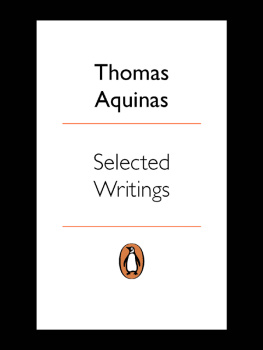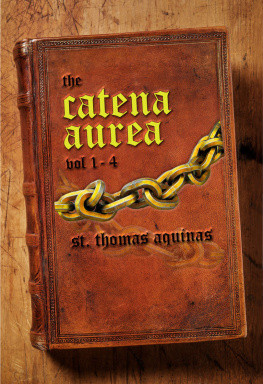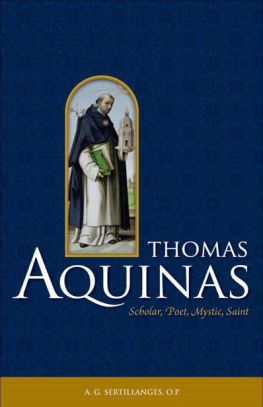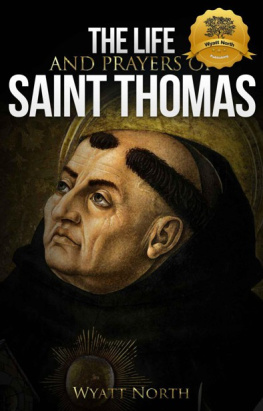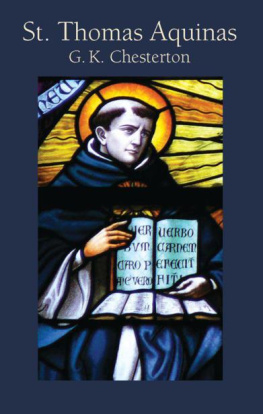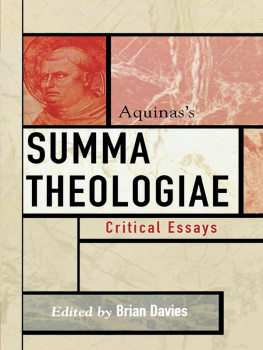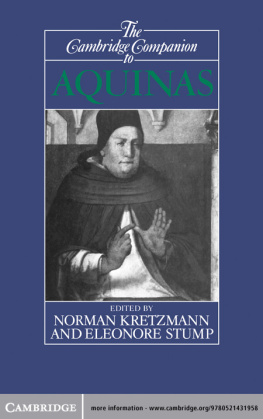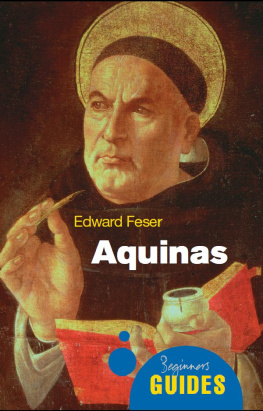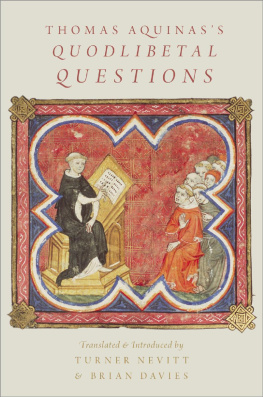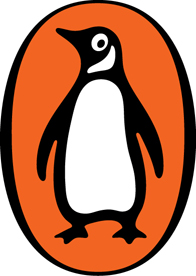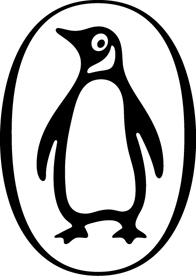PENGUIN BOOKS
Published by the Penguin Group
Penguin Books Ltd, 80 Strand, London WC2R 0RL , England
Penguin Group (USA) Inc., 375 Hudson Street, New York, New York 10014, USA
Penguin Group (Canada), 90 Eglinton Avenue East, Suite 700, Toronto, Ontario, Canada M4P 2Y3 (a division of Pearson Penguin Canada Inc.)
Penguin Ireland, 25 St Stephens Green, Dublin 2, Ireland (a division of Penguin Books Ltd)
Penguin Group (Australia), 707 Collins Street, Melbourne, Victoria 3008, Australia (a division of Pearson Australia Group Pty Ltd)
Penguin Books India Pvt. Ltd, 11 Community Centre, Panchsheel Park, New Delhi 110 017, India
Penguin Group (NZ), 67 Apollo Drive, Rosedale, Auckland 0632, New Zealand (a division of Pearson New Zealand Ltd)
Penguin Books (South Africa) (Pty) Ltd, Block D, Rosebank Office Park, 181 Jan Smuts Avenue, Parktown North, Gauteng 2193, South Africa
Penguin Books Ltd, Registered Offices: 80 Strand, London WC2R 0RL , England
www.penguin.com
This translation first published 1998
Copyright Ralph McInerny, 1998
The moral right of the translator has been asserted
All rights reserved
ISBN: 978-0-141-90818-2
PENGUIN CLASSICS
THOMAS AQUINAS: SELECTED WRITINGS
St Thomas Aquinas was born around 1225 at Roccasecca near Aquino, to the nobleman Landulf of Aquino. Educated by Benedictine monks at Monte Cassino and then at the University of Naples, it was during his time at university, around 1244, that he joined the Dominican monastic order. This decision so shocked the other members of his noble family that they kidnapped him and held him against his will for a year. Despite this, he remained committed to the religious life and, once he was free, Aquinas went to Cologne to study under St Albert the Great. In 1256 he took the degree of Master in Theology, and then embarked on a life of teaching, preaching and writing, living and working in France and Italy. He died from an illness at the abbey of Fossanuova while on his way to attend a meeting of the general council at Lyon in 1274. Thomas Aquinas was formally canonized in 1323.
Aquinas religious writing has had a significant influence on both theological and philosophical thought through the centuries. His two great works are Summa contra Gentiles (125964), a treatise on God and his creation, and Summa theologica (126673), a massive, though unfinished, work, designed as a complete systematic exposition of theology.
Ralph Mcinerny is the Michael P. Grace Professor of Medieval Philosophy at the University of Notre Dame, Indiana. He is a fellow of the Pontifical Academy of Saint Thomas Aquinas and has published several works on the thought of Thomas, most recently Aquinas and Analogy (1996) and Ethica Thomistica (1997).
Chronology
1200 | Charter of the University of Paris
Coronation of Emperor Frederick II |
1210 | Prohibition against lecturing on Aristotle at Paris |
1215 | Founding of the Order of Preachers
Council of Lateran
First statutes of University of Paris
Magna Carta |
1217 | Founding of Dominican house of St James in Paris |
1224 | Founding of the University of Naples |
1225 | Thomas Aquinas born at Roccasecca |
123039 | Thomas at Monte Cassino |
1231 | Lifting of ban on Aristotle at Paris |
123944 | Thomas a student at University of Naples |
1240 | Works of Averroes become known |
124048 | Albert the Great comments on Aristotle at Paris
Roger Bacon comments on Aristotle |
1244 | Thomas joins the Dominicans, the Order of Preachers
Detained by family for a year in an effort to dissuade him
from being a Dominican |
1245 | Released by family |
12458 | Thomas a student at Paris under Albert the Great |
1248 | Albert founds faculty of theology at Cologne |
124852 | Thomas student and assistant of Albert at Cologne |
124854 | Crusade of St Louis |
124855 | Bonaventure teaches at Paris |
1250 | Death of Frederick II |
125051 | Thomas ordained priest |
12526 | Thomas Bachelor of the Sentences at Paris |
1256 | Thomas is named master of theology |
12569 | Regent master at Paris |
1257 | Thomas and Bonaventure acknowledged by other Paris masters |
125968 | Thomas in Italy |
1263 | William of Moerbeke, fellow Dominican, translates
Aristotle directly from Greek |
1264 | Thomas composes the liturgy for the feast of Corpus Christi |
126670 | Averroist controversy at Paris |
126872 | Thomas regent master at Paris for second time |
1270 | Condemnation of Latin Averroism |
1272 | Thomas named regent master at Naples |
1273 | On 6 December Thomas stops writing |
1274 | On way to Council of Lyons in February Thomas falls ill, is taken to Fossanova where he dies on 7 March
Letter from the faculty of arts to the master general of the Dominicans |
1276 | Roman de la Rose |
1277 | Condemnation at Paris of 219 propositions; Thomas comes under posthumous cloud
At Oxford, Robert Kilwardby, Archbishop of Canterbury and Dominican, condemns propositions of Thomistic inspiration |
1284 | John Peckham, Archbishop of Canterbury and Franciscan, who had been resident in Paris during Thomass second regency, confirms condemnations of his predecessor |

